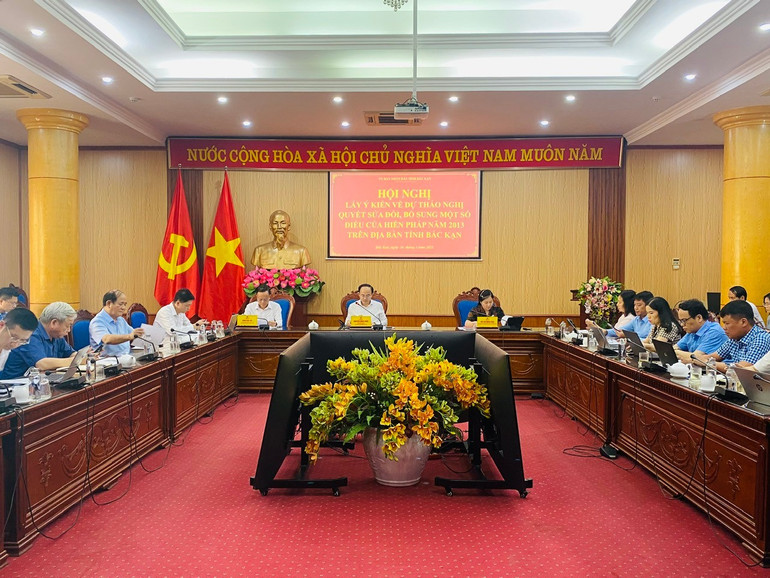
Based on the draft Resolution amending and supplementing a number of articles of the 2013 Constitution presented by the leaders of the Department of Justice, delegates discussed the contents that needed to be consulted, focusing on two important groups of contents including: Regulations related to the Vietnam Fatherland Front, socio-political organizations; regulations in Chapter IX to implement the model of organizing two-level local governments.
Implementing the Party's policy on reorganizing the apparatus of the Fatherland Front , socio-political organizations, and local government at two levels, the leaders of the Vietnam Fatherland Front of the province expressed high consensus with the contents of the draft amendments in 8 Articles (Articles 9, 10, 84, 110, 111, 112, 114 and 115) of the 2013 Constitution.
In which, the important contents amended in Clause 1, Article 9 affirm that "The Fatherland Front is a part of the political system of the Socialist Republic of Vietnam, led by the Communist Party of Vietnam " and Clause 2, Article 9 stipulates: "Socio-political organizations under the Vietnam Fatherland Front are organized and operate uniformly within the Vietnam Fatherland Front". These are important amendments affirming the role, position, and operating mechanism of the Fatherland Front as a part of the political system with member organizations being socio-political organizations and other member organizations. At the same time, the above amendments are also necessary and appropriate to serve as a basis for arranging the organizational structure of the Fatherland Front, socio-political organizations and member organizations to operate uniformly to ensure efficiency, effectiveness and efficiency.
The Vietnam Fatherland Front of the province still has concerns and requests consideration of the following two draft amendments:
In Clause 3, Article 110, the draft amendment to the Constitution stipulates: "The determination of types of administrative units below provinces and centrally run cities and the procedures for establishing, dissolving, merging, dividing administrative units, and adjusting administrative boundaries as prescribed by the National Assembly" does not require consultation with local people. The Vietnam Fatherland Front finds that this content requires consultation with local people as prescribed in Clause 2, Article 110 of the 2013 Constitution, for the following reasons: Administrative units and administrative boundaries are areas where people directly live, and the separation, merger, dissolution, establishment or adjustment of administrative boundaries directly affect the lives, activities, rights and interests of the people. Therefore, when implementing these contents to ensure democracy, be consistent with reality, and create high consensus, it is necessary to consult with the people.
In Clause 2, Article 115, the draft amendment to the Constitution stipulates the right to question of People's Council deputies, with amendments and deletions of the content that People's Council deputies have the right to question the Chief Justice of the People's Court and the Chief Prosecutor of the People's Procuracy. According to the explanation in the attached explanatory note, this content is removed because there are no longer People's Courts or People's Procuracies associated with local authorities at the same level, but only regional People's Courts and People's Procuracies. The Vietnam Fatherland Front finds this content inappropriate because: People's Courts or People's Procuracies are regionally organized units, not associated with local authorities at the same level, however, People's Courts or regional People's Procuracies still have the task of resolving issues within their authority associated with the rights and obligations of local people. Therefore, from the point of view of protecting the legitimate rights and interests of the People and at the same time ensuring that the People's Court and the People's Procuracy have the responsibility to link their activities closely to the practical situation at the grassroots level, it is necessary for People's Council delegates to have the right to question the Chief Justice of the People's Court and the Chief Prosecutor of the People's Procuracy.
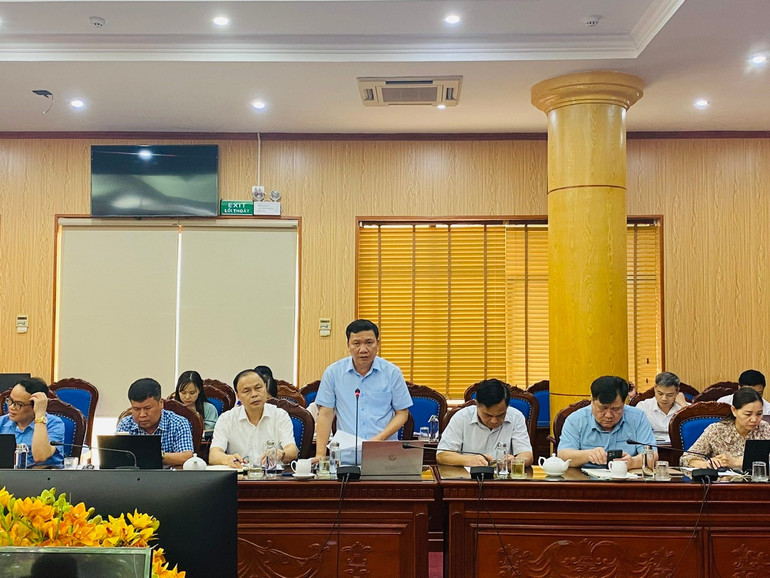
The discussion of the representative of the Department of Home Affairs stated that the 2013 Constitution currently stipulates quite detailed regulations on the system of administrative units at three levels: Province, district, commune, along with specific names of each type of administrative unit at each level. However, in the context of the requirement to organize the state apparatus in a streamlined and efficient manner, maintaining the current regulations has revealed some limitations. The overly detailed regulations in the Constitution make it difficult to reform the model of administrative unit organization, because any change requires amending the Constitution - a fundamental document with long-term stability. Therefore, amending and supplementing Article 110 of the Constitution in the direction of not specifying too much detail on the name and structure of each type of administrative unit is extremely necessary. Instead, the Constitution should only stipulate in general terms the system of administrative units, focusing on two main levels: Provincial level, centrally-run cities; administrative units below provincial level.
Discussing at the Conference, many opinions agreed to maintain Clause 2, Article 115 of the 2013 Constitution, which stipulates that People's Council delegates have the right to question the Chief Justice of the People's Court and the Chief Prosecutor of the People's Procuracy. Reason: Clause 2, Article 8 of the 2013 Constitution emphasizes that state agencies must be subject to the supervision of the People, and that People's Council delegates are the representatives of the will, aspirations and mastery of the local people. Therefore, local state agencies (including regional organizations) must be subject to the supervision of the People through questioning by People's Council delegates, which is consistent with other provisions of the Constitution...
Concluding the conference, Comrade Nguyen Dang Binh, Chairman of the Provincial People's Committee, highly appreciated the spirit and responsibility of the delegates when they had many profound, enthusiastic, frank and quality contributions to the drafts. These opinions will be fully synthesized to report to the competent authorities for research, acceptance, revision and completion, ensuring that the Constitution is truly a solid legal foundation for the cause of national construction and development in the new period./.
Source: https://baobackan.vn/de-nghi-giu-nguyen-quyen-chat-van-chanh-an-toa-an-nhan-dan-vien-truong-vien-kiem-sat-nhan-dan-cua-dai-bieu-hdnd-post70804.html




![[Photo] Many young people patiently lined up under the hot sun to receive a special supplement from Nhan Dan Newspaper.](https://vphoto.vietnam.vn/thumb/1200x675/vietnam/resource/IMAGE/2025/5/18/6f19d322f9364f0ebb6fbfe9377842d3)
![[Photo] Party and State leaders attend the special art program "You are Ho Chi Minh"](https://vphoto.vietnam.vn/thumb/1200x675/vietnam/resource/IMAGE/2025/5/18/6895913f94fd4c51aa4564ab14c3f250)

![[Photo] Ready for the top competitions of Vietnamese table tennis](https://vphoto.vietnam.vn/thumb/1200x675/vietnam/resource/IMAGE/2025/5/18/9c547c497c5a4ade8f98c8e7d44f5a41)


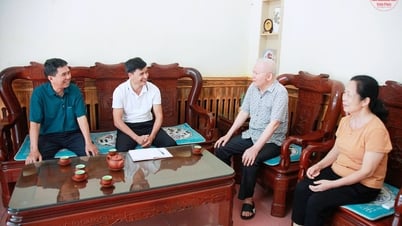

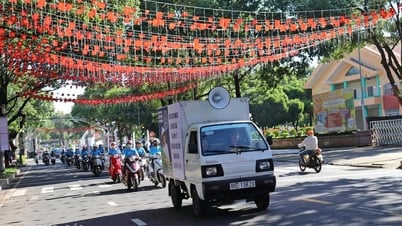

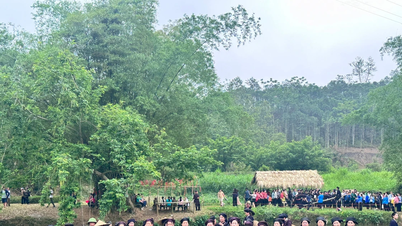
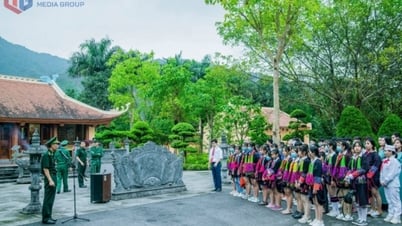







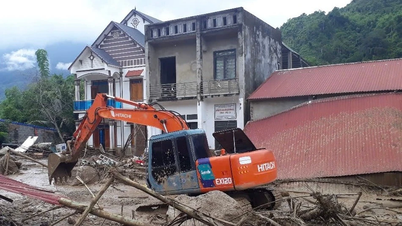
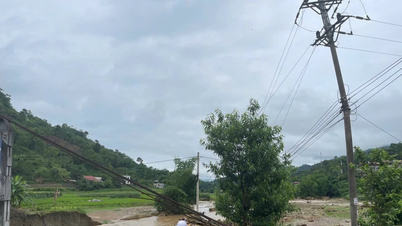
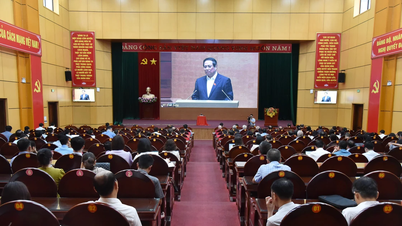
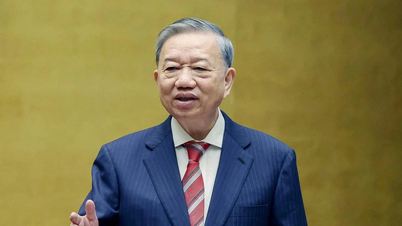
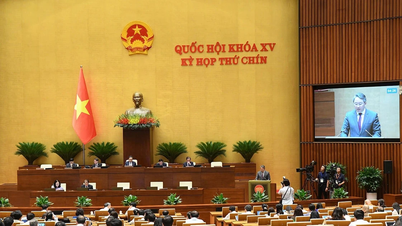
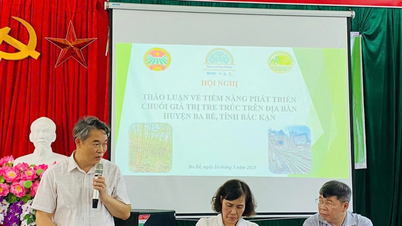












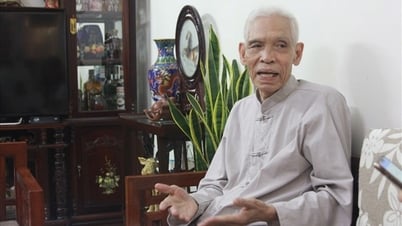

















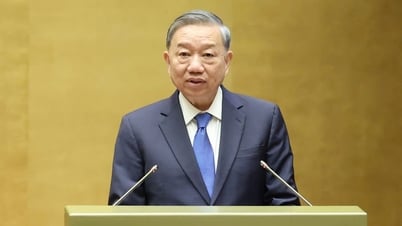



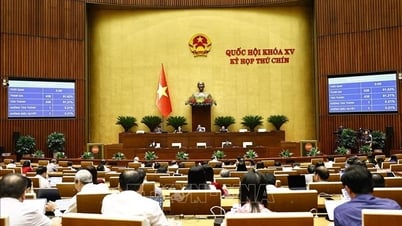

























Comment (0)